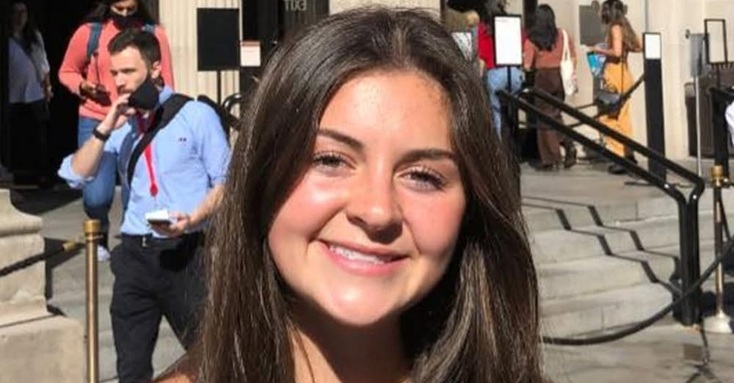A Venezuelan migrant will spend the rest of his life in prison for killing a Georgia nursing student. Now, he’s asking for a new trial.
Athens State Superior Court Judge H. Patrick Haggard sentenced Jose Antonio Ibarra to life in prison without the possibility of parole for the brutal death of 22-year-old Laken Riley. Ibarra was found guilty and convicted of felony murder, kidnapping with bodily injury and aggravated assault with intent to rape, and seven other charges in a bench trial after the defendant’s lawyers were unable to move the trial from Athens. The defense team believed he would not get a fair hearing by a jury in Athens. As a result, Haggard had full discretion in deciding Ibarra’s fate.
On Feb. 22, police officers descended on the University of Georgia campus after a campus security official found Riley’s body covered with leaves a few feet from the trail. According to BBC, the victim had gone for a run at about 9 am, three hours before her body was found. Ten minutes into the run, Riley initiated her 911 emergency function on her iPhone before her smartwatch went silent at 9:28 am with no more readings of her heartbeat.
An autopsy report showed the victim’s death was caused by two blunt force trauma and asphyxiation. During the investigation, authorities identified Ibarra with a thumbprint of the defendant on Riley’s phone screen. Later, investigators retrieved a doorbell camera footage that showed the 26-year-old Ibarra near the scene of the crime tossing a jacket in a trash bin. Upon retrieval of the jacket, DNA taken from the long dark hair and blood stains was a match with the defendant. The most damning evidence connecting Ibarra to the crime stemmed from DNA evidence taken from underneath Riley’s nails after she scratched Ibarra during a fierce fight for her life.
“Jose Ibarra took no pity on my scared, panicked and struggling child. There is no end to the pain, suffering, and loss that we have experienced,” said Riley’s mother, Allyson Phillips, during the victim’s impact statement, reported The New York Times.
Ibarra’s defense team argued that all the evidence against their client was circumstantial, and the DNA evidence found on the jacket could also belong to the defendant’s brother, who also had access to the jacket.
The murder became a national debate on immigration issues by President-Elect Trump and the Republicans who believed the U.S. border under President Biden is not secure and making the country unsafe with violent migrants such as Ibarra. The defendant entered the United States illegally in 2022 and committed other minor offenses in New York and Georgia.
Ibarra’s defense team filed an appeal for a new trial, arguing that the verdict was contrary to law and the evidence allowed during the trial. However, the motion was mute on specifics.










Leave a Reply